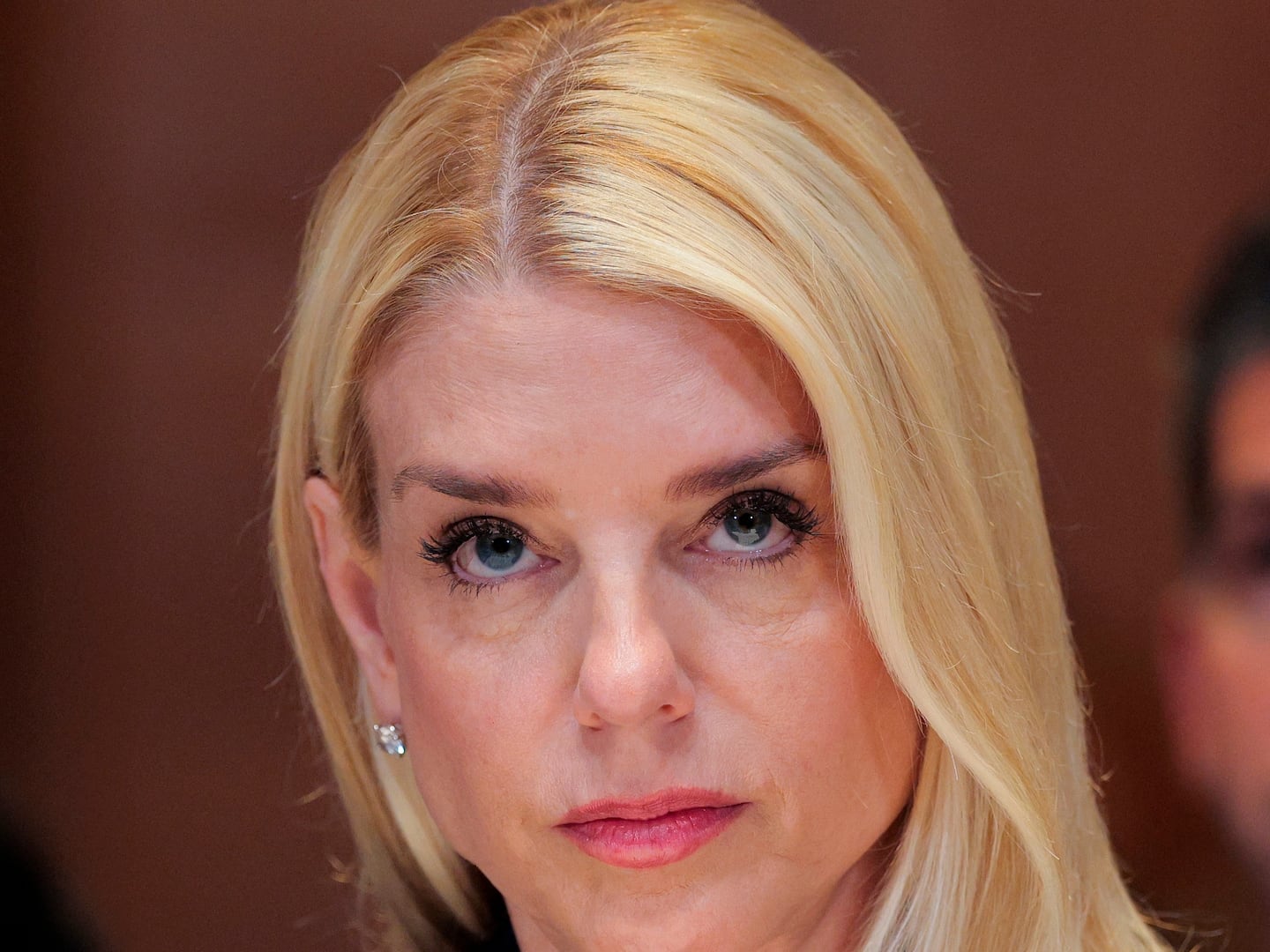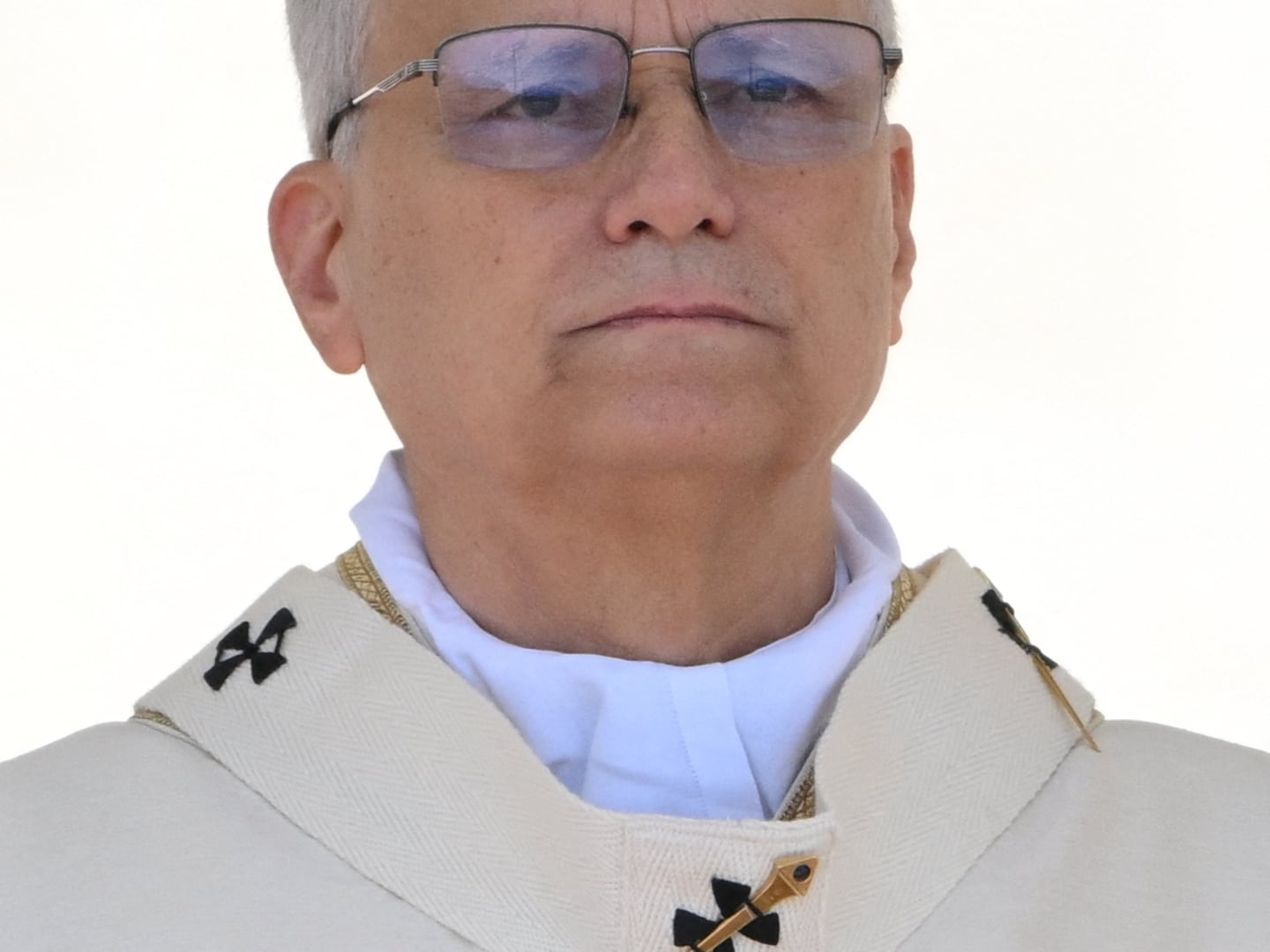TBILISI, Georgia — It is rare that a single image sums up the state of affairs of an entire nation. Last year it was the lethargic hippopotamus standing in the middle one of Tbilisi’s main streets, woozy and dazed with several tranquilizer darts to the neck after a flood freed a plethora of wild animals from the city’s zoo.
This year, we have a tulip tree on the Black Sea, an image worthy of a García Marquez novel, or maybe a painting by Magritte.
The 650-ton, 135-year-old tree was purchased and set afloat by the eccentric billionaire Bidzina Ivanishvili, Georgia’s former prime minister and by most accounts the country’s informal ruler. Most recently, he has achieved renown as one of the figures whose shady banking arrangements were exposed by the Panama Papers. Ivanishvili resides in a James Bond-villain-like compound overlooking the Georgian capital. There he’s got his own waterfall, a private zoo of exotic animals and, as if he’s trying to complete the Dr. Evil cliché, his own private shark tank. (There are no reports of the sharks being fitted with frickin’ laser beams… so far.) At another residence, Ivanishvili houses zebras, kangaroos, penguins, other such creatures, and his collection of trees.
Ivanishvili, whose estimated wealth is about $5 billion, also collects art, including works by Pablo Picasso and Peter Doig. But his “tulip tree, all at sea,” as the BBC has called it, is an accidental installation, beautiful and bewildering, that’s hard to match.
It’s story is a colorful reminder that rich and powerful men often do the strangest of things simply because they can. “I purchased the tree legally,” Ivanishvili told AFP. “Giant trees are my hobby. I am developing a park where I think it is appropriate.”
You might wonder, as many Georgians have for a while now, how we got to this odd place in history.
Our story begins with a man from humble origins who made billions in Russia off of steel in the 1990s, moved back to Georgia, took political control of the country, became prime minister, then decided he didn’t want the job anymore, appointed his 30-year-old assistant to run the government, and began to collect all kinds of crazy things.
(Is there an echo here of William Randolph Hearst’s San Simeon? Of Citizen Kane’s Xanadu? “A man who got everything he wanted and then lost it”? Is the tulip tree Ivanishvili’s “rosebud”? … But we digress.)
Last year a company owned by the billionaire bought the tree in question. As DFWatch.net reported, “The Government of Adjara [on] December 31 issued a decree that gives permission to Zimo Ltd. to move two swamp cypress trees and one tree known as a Liriodendron tulipifera for a price of 6,200 laris.” Essentially our Kane purchased the famous floating tulip tree along with two others for a mere $2,700 with the intention of relocating them from the village of Tsikhisdziri in west Georgia to his private park in Ukreki on the Black Sea coast.
The controversy surrounding the environmental damage from efforts to dig up the trees first culminated on Feb. 10, when five activists from a pro-green-space group called Guerilla Gardening were arrested for trying to block a tractor and for arguing with local police.
The chairman of the Georgian parliament’s environment committee, Gia Zhorzholiani, attempted to justify the founder of his party’s “hobby.” Taking political spin to a new low, Zhorzholiani claimed the billionaire was replanting the giant trees to “save” them and that it was—wait for it—an “environmental step forward.” In the land of floating tulip trees, logic was uprooted a long time ago.
On March 23, Ivanishvili’s people began to sail the 135-year-old tree 40 kilometers up the coastline. They had dug up and placed the tree’s root structure in a wood box, which is what made it so heavy. And, as anyone in the shipping business will tell you, the coastline of the Black Sea is extremely shallow, making access quite difficult, and deep-sea ports quite rare.
The tree got stuck in the shallows. So the billionaire’s people built a road into the sea. The first road collapsed. Another had to be built. And the almost week long spectacle resulted in endless Internet comedy. One video shows the tree being moved up onto the land, while a 1990s Georgian rock ballad by Irakli Charkviani aka Mepe sings, “I will cross the sea… I will come to you.” For those amused by Georgian politics, Ivanishvili’s trees have been the gift that keeps on giving, but like Shel Silverstein’s The Giving Tree, there may be a deeper, darker moral to this tale.
The billionaire prime minister is a man who gets what he wants. In 2011, Ivanishvili decided that he did not want Mikheil Saakashvili or his UNM party to control the country any longer, and he launched a political party called Georgian Dream. Its name derived from a hip-hop mantra by Ivanishvili’s albino rapper son, who is something of a spectral presence on the local political scene.
According to AFP, few people even knew what the billionaire looked like until he “burst onto Georgia’s political scene in 2011 and the next year ousted from power the seemingly unbeatable then-ruling party of his nemesis, pro-Western ex-president Mikheil Saakashvili.”
As The Daily Beast noted recently, a key factor in Ivanishvili’s takeover was the release, just before Georgia’s 2012 parliamentary elections, of graphic videos of prisoners being sexually abused by guards with broomsticks in a systematic practice of violence and humiliation—images that shook the country to its core. Mass protests against Saakashvili’s ruling party quickly quickly translated into support Ivanishvili’s Georgian Dream.
After Ivanishvili decided to step behind the curtain, he appointed his 30-year-old former boy Friday, Irakli Garibashvili, as prime minister, then, last year, forced him to resign without any explanation. Not a single vote was cast.
Meanwhile the constitutionally less powerful Georgian president, who was voted into power by the Georgian people, albeit with the endorsement of Ivanishvili, is Giorgi Margvelashvili. And President Margvelashvili has turned out to be less obedient than his political sponsor had hoped. To underscore the billionaire’s displeasure in this Dadaesque drama, the billionaire’s hip-hop pseudo-star son, known as “Bera,” recently rapped that the president was not real and that his presidency was temporary.
Georgians have had no end of grim amusement from the metaphor of the tulip tree adrift on the Black Sea. Is their country, they wonder, like a floating deracinated democracy stalled at the banks of the European Union and NATO after being uprooted by a secret ruler and torn between currents from East and West? The parable is still playing out.
Just this week, Ivanishvili was identified in the Panama Papers investigation as one of the many world leaders hiding his cash abroad. When he had first entered politics he was known as a reclusive philanthropist and seen as a kind and well-intentioned victim of Mikheil Saakashvili’s political maneuvering. Indeed, in a belligerent and obviously desperate move, Saakashvili revoked Ivanishvili’s Georgian passport, in an effort to keep him from running for office.
Yet now, with the Panama Paper’s controversial revelations, even Ivanishvili’s passport, once a symbol of his political persecution, seems to be caught up in the shady mess. Mossack Fonseca, the Panamanian firm at the center of the scandal, spent three years trying to get Ivanishvili to send a copy of his Georgian passport so they could finish the paperwork for a company, Lynden Management Ltd., he had registered in the British Virgin Islands.
Meanwhile the Georgian Dream coalition, which brought Ivanishvili into power, is collapsing. And the fate of the transplanted tulip tree doesn’t look much brighter, as activist Nata Peradze of Guerrilla Gardeners told AFP. “There are only a few dozen tulip trees in Georgia, and this majestic 135-year-old specimen has zero chances of surviving replanting.”
Perhaps some things, whether tulips trees or countries, simply should not be for sale.






